What unites people? Armies? Gold? Flags? Stories. There’s nothing in the world more powerful than a good story.
Look. It’s not a good line. It’s an unsupported thesis, wildly out of place in a show that brutally mangled most of its own plotlines in the name of grim realism, or maybe just cool CGI. There’s also a certain degree of cringe involved when a storyteller has one of their characters talk about the importance of storytelling; one can’t help but see the puppet strings.
And yet, watching the final episode of Game of Thrones, I teared up a little. I’m not proud! I just have a helpless biological response to anyone who suggests—in any context, at any time—that stories matter. Because they do, to me, very much. So what could be better than stories about stories?
The Shadow of the Wind by Carlos Ruiz Zafón
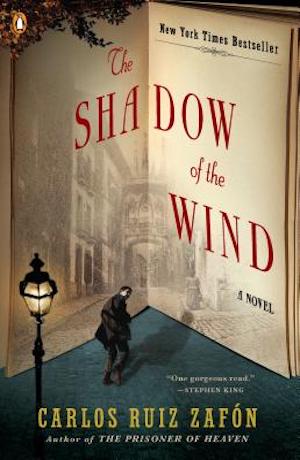
Honestly, who did it better than Zafón? From the moment a father takes his son to a place called the Cemetery of Forgotten Books, you know what you’re in for. A gothic novel about gothic novels, a book within a book, a story about stories, and the people who desperately need them. It also happens to contain a line that perfectly explains how writing feels, to me: “A story is a letter that the author writes to himself, to tell himself things that he would be unable to discover otherwise.”
The Starless Sea by Erin Morgenstern
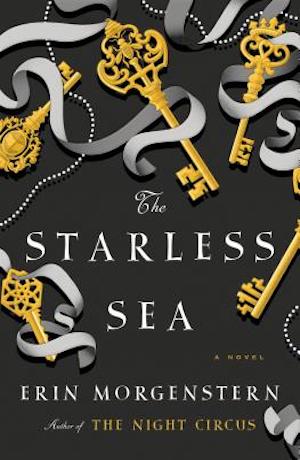
Now, technically, I could call this a book within a book, too, and I wouldn’t be lying. The main narrative—in which a charming grad student is sucked into a mysterious world of secret societies and magic libraries—is interrupted by excerpts from a book of tales called Sweet Sorrows. But that description doesn’t even begin to gesture at the delightful structural ambition of this book, the strangeness, the beauty. It’s a sumptuous scrapbook; it’s forty short stories wearing a gorgeous camel coat; it’s an absolute delight, and you’ll know it from the first line: “There is a pirate in the basement. (The pirate is a metaphor but also still a person.)”
The Wolf and the Woodsman by Ava Reid
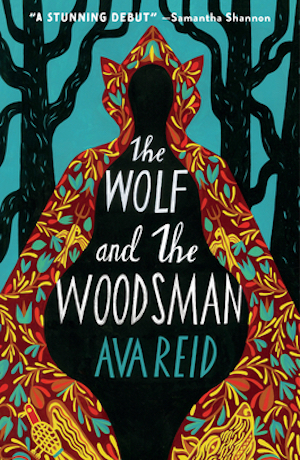
There’s a reason this list is called “stories about stories” rather than “books about books.” A book is the product of a somewhat limited geographic, historical, and cultural environment, a mode of artmaking and communication which I’m personally very fond of, but which I try not to deify. Stories, though—those persist. Reid’s book is about many things (the violence of statehood, discovering identity under persecution, hot scarred princes), but it’s also about the stories we tell, and the terrible purposes they serve.
All the Murmuring Bones by A.G. Slatter
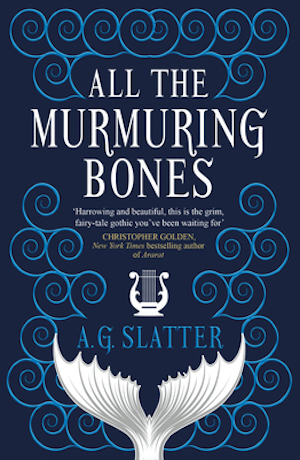
Slatter’s book is similarly interested in the ways stories can obscure and reveal the truth, but on a more personal scale. All the Murmuring Bones follows a young woman trying to evade a forced marriage and discover the dark secrets of her own family. Are there plot-critical bits of family folklore interspersed with the main narrative? Are there hungry mermaids and vicious kelpies? Is there also a crumbling gothic mansion? Of course! It’s the merging of folklore and fact that most compelled me, though. “Stories,” Slatter says, “Are history, whether they are true or not.”
Plain Bad Heroines by emily m. danforth
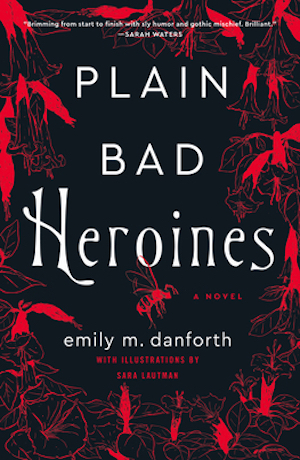
There are meta books, and then there are meta books. This novel follows the making of a behind the scenes documentary about the filming of a horror movie based on the novel one of the main characters wrote about girls in a turn-of-the-century boarding school who are obsessed with The Story of Mary MacLane, an actual memoir that actually exists in the real world. It’s about different modes of storytelling, and different moments in time, as the stories of several generations of queer girls intersect.
“Walkdog” by Sofia Samatar
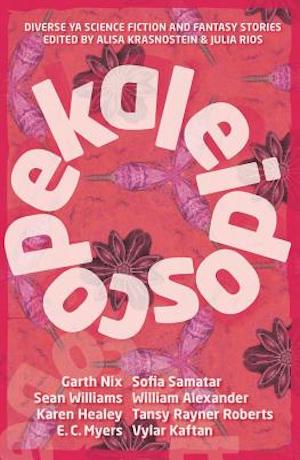
The first time I read this short story was in Kaleidoscope: Diverse YA Science Fiction and Fantasy in 2014, and it’s haunted me for seven years (a number that feels auspicious, mythologically significant). It’s written as a school report about an animal called the walkdog, but there are so many other kinds of stories in it: urban legends, songs, spells, even the truth. It’s about the kids who fall through the cracks, and the stories we tell in their absence.
In the Night Garden by Catherynne M. Valente
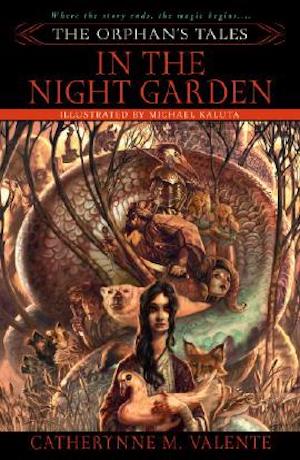
I’ve always been grateful that this is the first work of Valente’s I ever read. It’s less a book than a set of nesting dolls, a series of fairy tales embedded in fairy tales. Someone starts telling a story, and then a character in the story sits down and begins another one,” until you’re lost in Valente’s grand garden. The act of storytelling itself is given such beautiful weight here, approaching the divine: “Stories are like prayers… It does not matter when you begin, or when you end, only that you bend a knee and say the words.”
Originally published September 2021.
Buy the Book
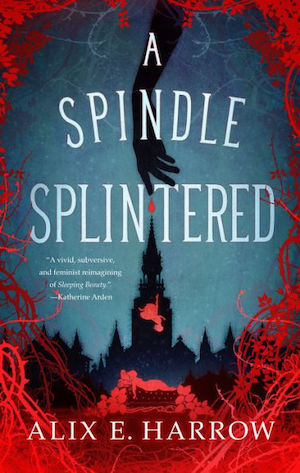

A Spindle Splintered
Alix E. Harrow is an ex-historian with lots of opinions and excessive library fines, currently living in Kentucky with her husband and their semi-feral children. She won a Hugo for her short fiction, and has been nominated for the Nebula, Locus, and World Fantasy awards. Find her at @AlixEHarrow on Twitter.










